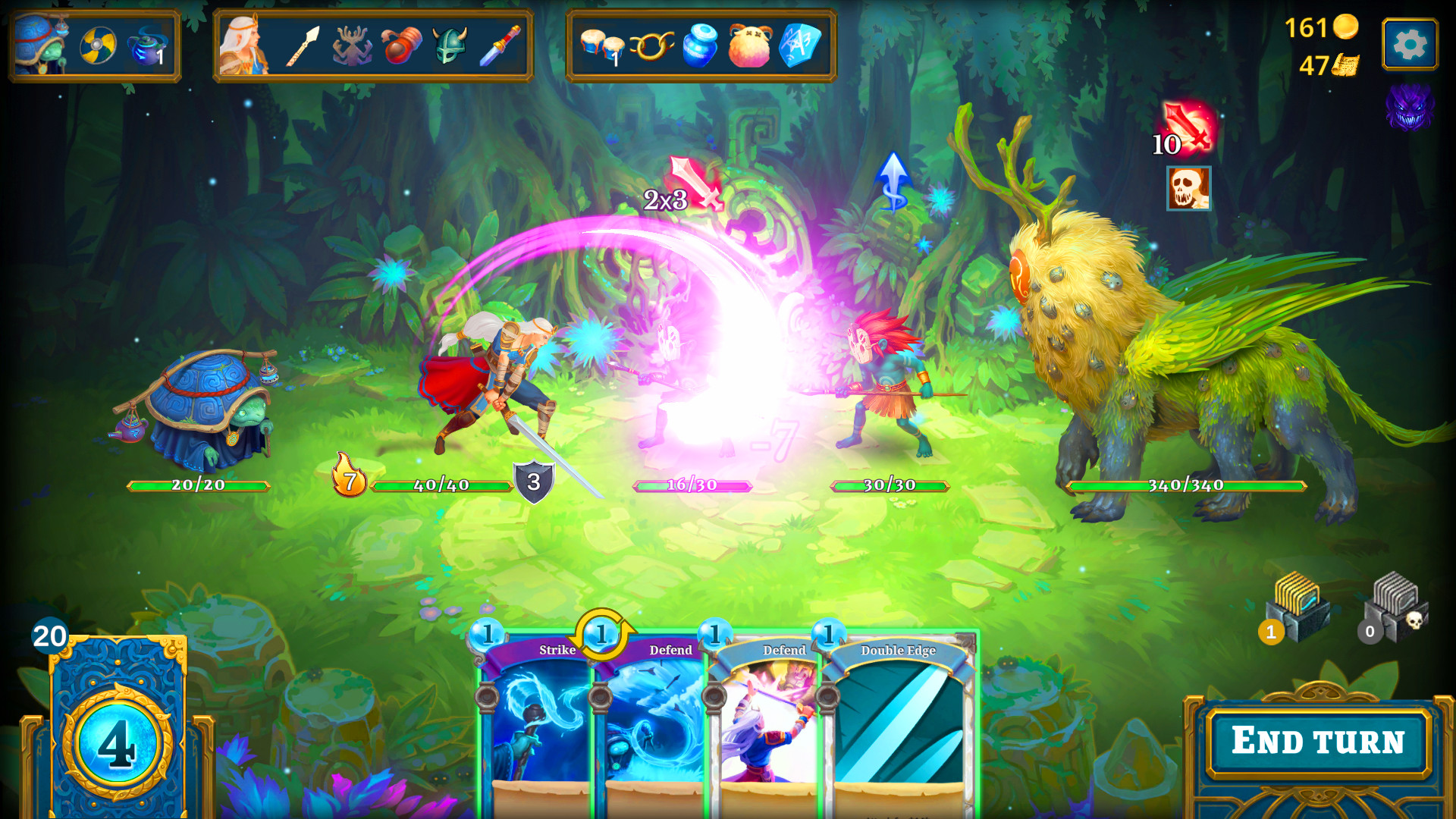

It isn't unintuitive if you played other card games. having a big deck is generally a net negative because although you have more stuff to use, you only draw 5 cards a turn - and every card you have in your deck prevents you from potentially drawing something else. It's one of the things that is generally very unintuitive about this sort of game.

Often in practice that means skipping a lot of cards, particularly in Acts 2 and 3, and taking the opportunity to remove cards (usually Strike and Defend) whenever possible. (April 16th, 2018, 07:34)v8mark Wrote: Yeah - decks with clearly defined win conditions are generally better, with not too many cards that don't directly feed into that. Also it means that if you have a power that's crucial to your win condition (Demon Form, for eg) you may not get to play it until turn 5 or 6, which is a long time to wait to begin ramping. More than 25 begins to get unwieldy, because a) there's much more variance in draws and b) you don't get to see cards again for a few turns, so cards like Limit Break+, which you want to play multiple times, lose effectiveness. Less than 18 is small, which is often good but occasionally bad, because the impact of status effects is so much higher. Generally, for reference, at the end of the game I would consider a 'normal'-sized deck to be anything between about 18-25 cards.

But you do need to have the energy to use them - and if you happen to draw them on the same turn with a big deck, odds are you're not going to be able to play one of them at all. Something like Demon Form and Barricade in the same deck is occasionally fine - both are very powerful cards. Yeah - decks with clearly defined win conditions are generally better, with not too many cards that don't directly feed into that.


 0 kommentar(er)
0 kommentar(er)
